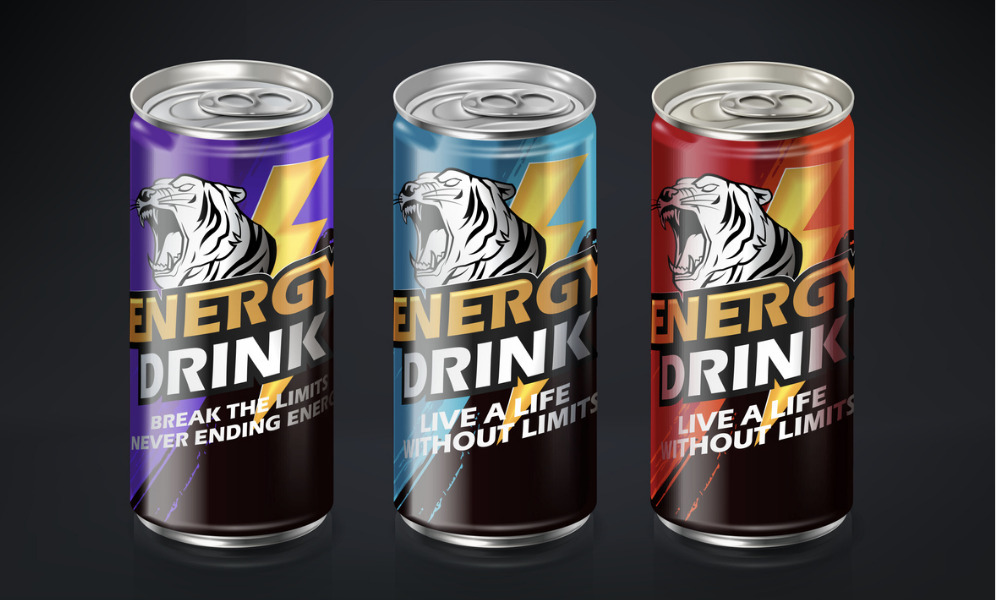Warnings about energy drinks are nothing new — there have been warnings about their effect on the heart for years. Now we know more specifically what energy drinks do to the cells of heart, thanks to a new study; and the results merit concern.
“Because the consumption of these beverages is not regulated and they are widely accessible over the counter to all age groups, the potential for adverse health effects of these products is a subject of concern and needed research,” one of the researchers, Ivan Rusyn of Texas A&M University, said in a statement. “Indeed, the consumption of energy drinks has been associated with a wide range of adverse health effects in humans, many of them are concerning the effects on the heart.”
An irregular heartbeat and increased blood pressure are among those bad effects. Cardiomyopathy, a type of heart disease that makes if harder for the heart to pump blood throughout the body, has been associated with the use of energy drinks. It can lead to heart failure.The presence of three ingredients in particular appeared to add to the negative effects on the heart cells.
The chemical composition of over 300 ingredients in the 17 energy drinks was also analyzed. By comparing the effects and differing ingredient concentrations in each drink, researchers were able to deduce that the presence of theophylline, adenine and azelate, in particular, appeared to add to the negative effects on the heart cells.
The findings corroborate those of other studies done on humans, Rusyn said. “Therefore, we hope that the consumers will carefully weigh the performance-enhancing benefits of these beverages versus the emerging data that suggests that they may have real adverse effects.”
Energy drinks are one of the top selling beverages in the United States with sales reaching close to 3.7 billion dollars in 2020. After multivitamins, they are the most popular dietary supplement among teens and young adults.
Caffeine is the main ingredient in energy drinks but at amounts that are at least double that found in soft drinks. Other ingredients are often added at high levels that could be unsafe when mixed with caffeine, and ingredients could be present that are not listed on the packaging.
The study is published in Food and Chemical Toxicology.





